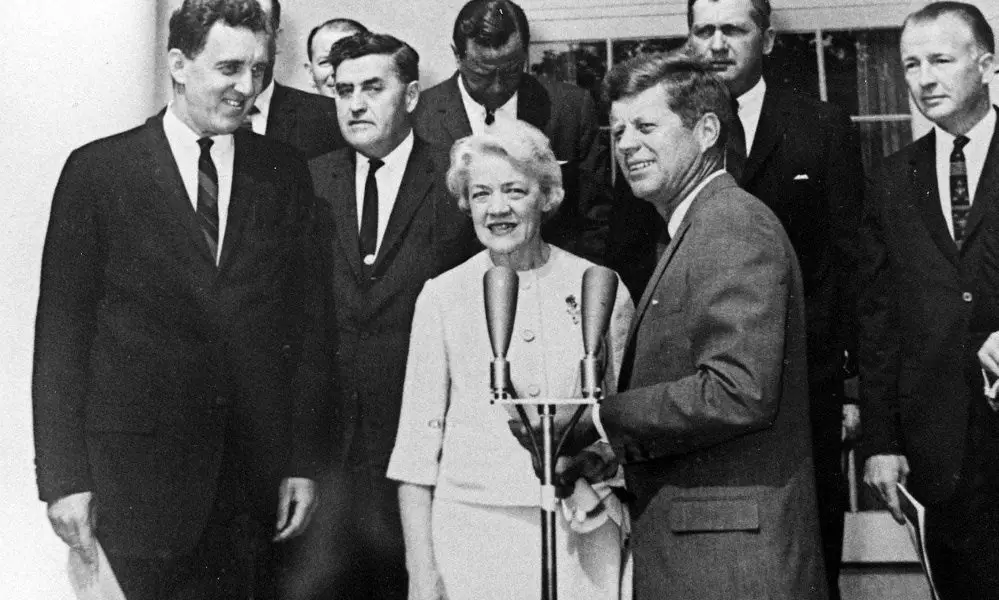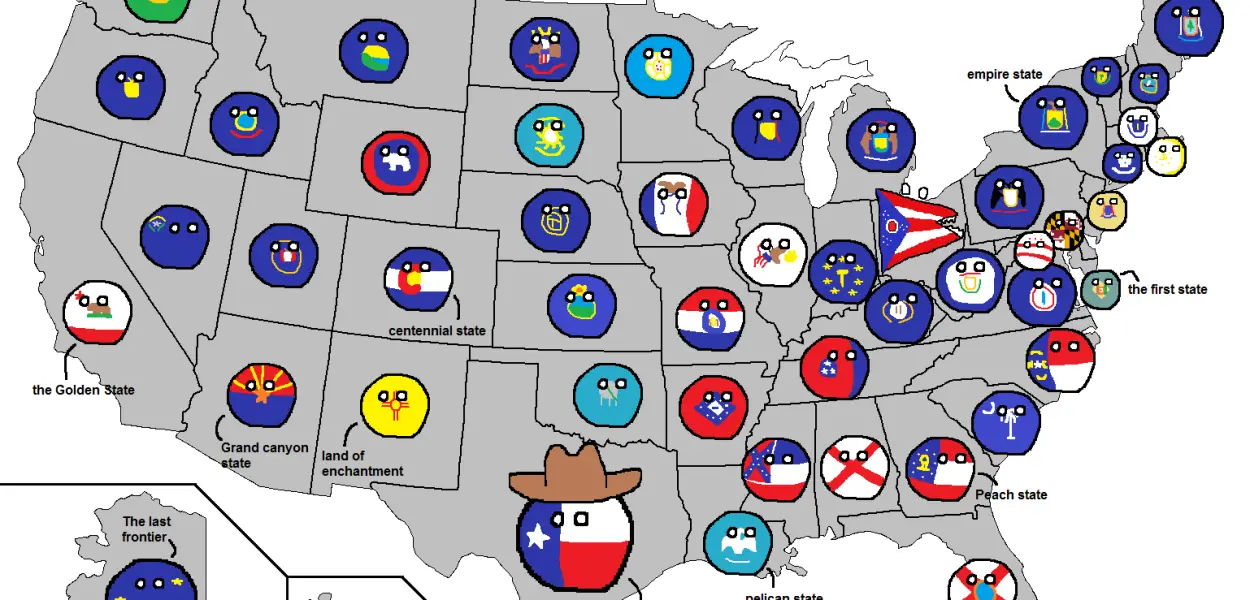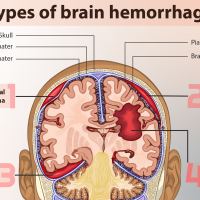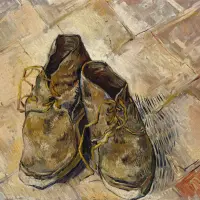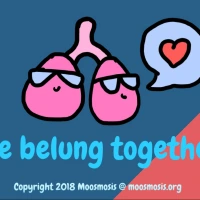How did the COVID-19 pandemic impact the economy?
Sharing an insightful article that was written in 2020 during the height of the COVID-19 pandemic about the economy! It’s amazing how far we’ve come!
COVID-19 and the Global Economic Recession
We constantly hear about how COVID-19 has or will destroy the economy all the time. Terms like “global economic recession” and “industry shut-downs” are being used more and more as this pandemic continues to wreak havoc across the globe. Even if a large majority of society may not understand exactly what these terms mean, they’ve been used enough times to gather that it doesn’t indicate the situation is getting better, and they are terms you don’t generally want to hear every day on the television. But what much of society doesn’t know, is why these terms are being used. This is imperative to understand in order to identify how to make the situation better.



